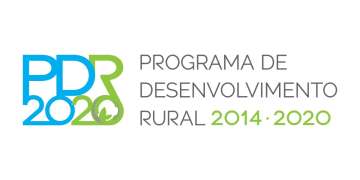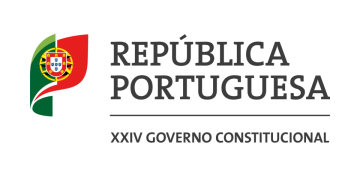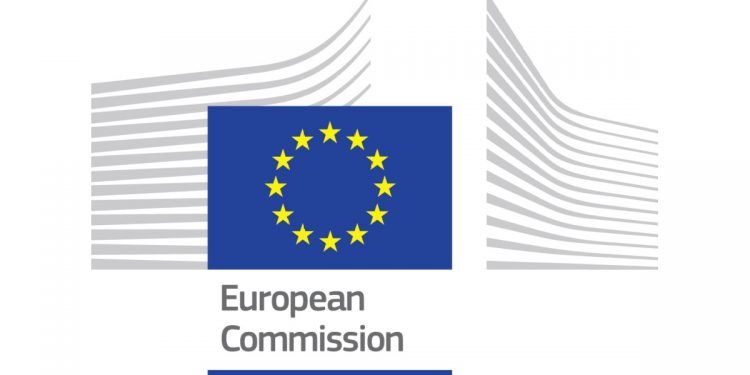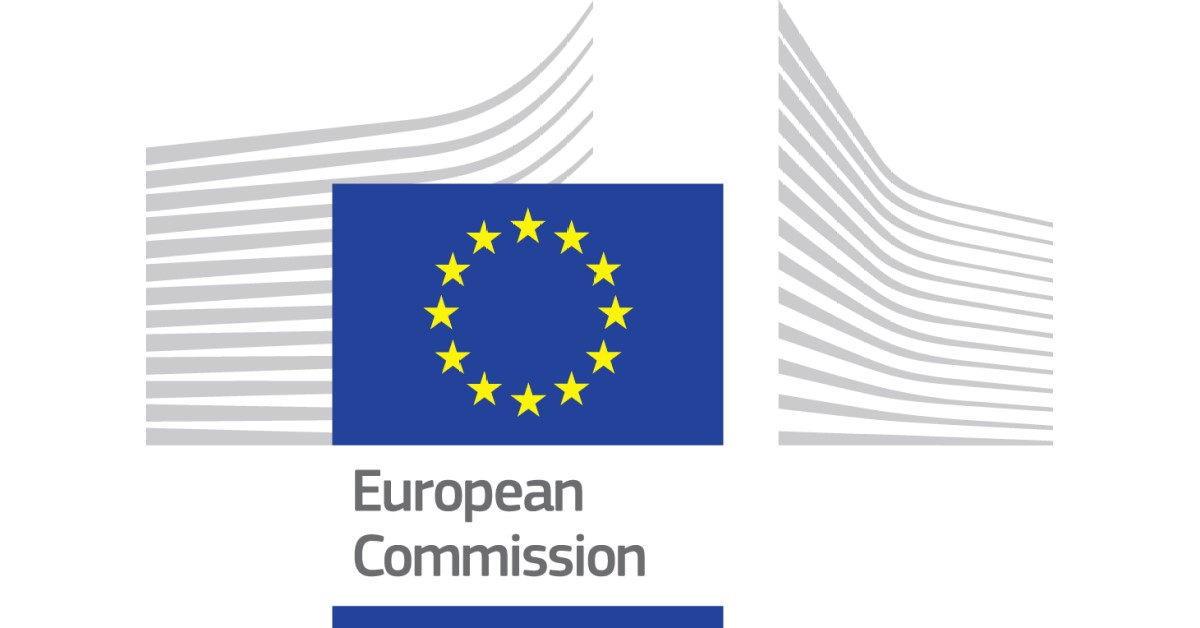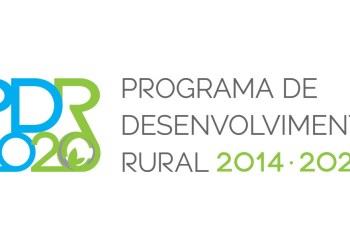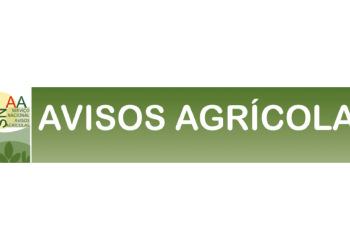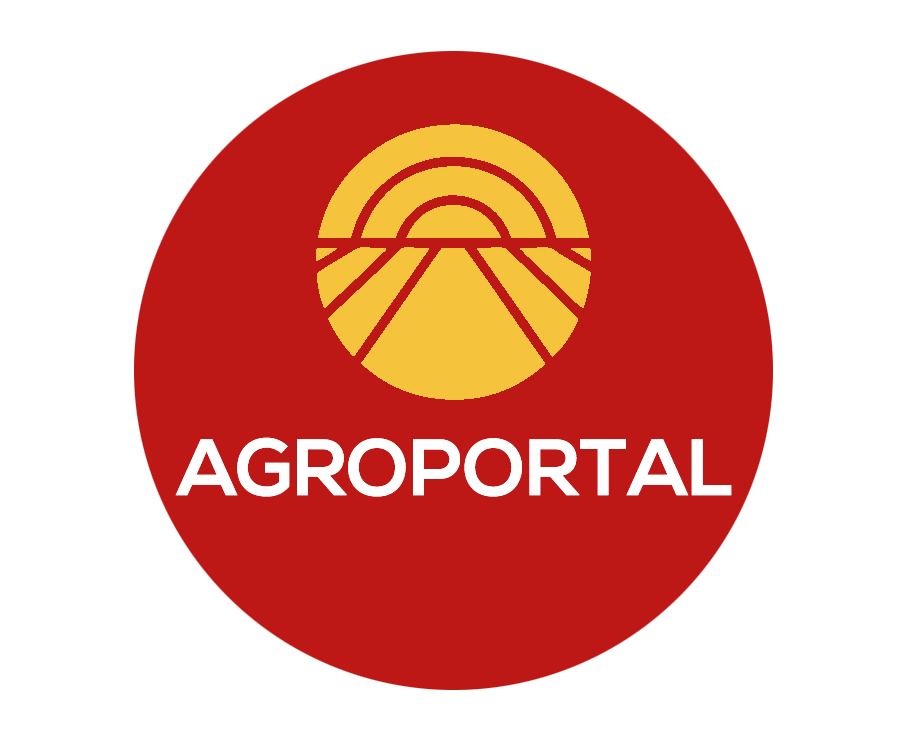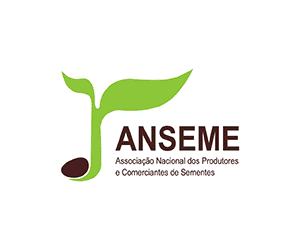Ahead of the G20 Summit in Bali, the Commission is stepping up support to help those most affected by the devastating effects of rising food insecurity globally. A new humanitarian aid package of €210 million will be provided in 15 countries to meet their growing needs. This brings the EU’s overall support for global food security to up to €8 billion between 2020-2024. In 2022, food insecurity reached unprecedented levels, both in scale and severity with at least 205 million people currently acutely food insecure and requiring urgent assistance. This is the highest level on record. Afghanistan, Ethiopia, Nigeria, South Sudan, Somalia and Yemen remain at risk of famine.
President Ursula von der Leyen said: “Russia’s war in Ukraine is having a major effect on global food supply. Countries that were already vulnerable to food shocks have been put in a dramatic situation. We must act to avoid famine in some of the poorest areas of the world. The EU stands with the most vulnerable countries and today the EU further extends its support to those in need.”
The funding will be provided as follows:
- West and Central Africa: €2 million in Burkina Faso, €1 million in Mali, €2 million in Niger, €1 million in Chad and €4 million in the Central African Republic will provide food security assistance as well as protection, nutrition and livelihood support.
- East and Southern Africa: €9 million in Sudan will help affected populations with the delivery of emergency lifesaving basic services and protection assistance; €6 million in South Sudan will help scale-up the humanitarian emergency response; €10 million in Ethiopia will focus on emergency food security, livelihood assistance, nutrition and water and sanitation; €10 million in Somalia will prioritise the most vulnerable population groups.
- Middle East: €35 million in Yemen will deliver food assistance to the most vulnerable in north and south of the country; €15 million in Syria will support the most vulnerable with food assistance; and €5 million in Lebanon will support vulnerable refugees and Lebanese to meet their basic needs.
- Afghanistan: €75 million for Afghan regional crisis will address the dramatic food security situation, with an estimated 24 million people in need, as well as needs related to the winter and natural disasters that have recently affected the country;
- Latin America: €30 million for Venezuela’s regional crisis will address the population’s most urgent needs, both inside and outside the country (notably, in Colombia, Ecuador and Peru); €5 million in Central America’s Dry Corridor will help with food assistance and nutrition, health, water and sanitation, and protection. This amount was announced in early October 2022 during Commissioner Lenarčič‘s visit to the region.
In addition to the funding announced today, the European Commission has already allocated an additional €175 million in humanitarian assistance to support those most in need in Ukraine and Moldova. Commissioner Lenarčič, announced this funding during his visit to Kyiv on 19 October. Additionally, €10 million were allocated to Pakistan to respond to the flash floods which had a great impact on the food, nutrition and livelihood of affected communities.
Background
The EU and its Member States are the leading donors of humanitarian aid in the world. The EU provides food assistance in anticipation of, during, and in the aftermath of a humanitarian crisis. The humanitarian assistance funded by the EU is delivered in partnership with UN agencies, international organisations and NGOs. EU humanitarian aid covers intervention areas such as: food and nutrition, shelter, healthcare, water and sanitation and education in emergencies.
Through its humanitarian food assistance, the EU aims to ensure access to safe and nutritious food for the most hungry and vulnerable people in crises. Food insecurity has been following an alarming trend in the last 5 years, mainly owing to conflicts, economic shocks (many associated with the effects of COVID-19), and climate change. The Russian invasion of Ukraine dramatically exacerbated the situation through its impact on food, energy and fertiliser prices, as well as supply chain disruptions.
For More Information
Ukraine: EU launches winter shelter programme and boosts humanitarian aid by €175 million
Factsheet – Ensuring food security
Artigo publicado originalmente em Comissão Europeia.

